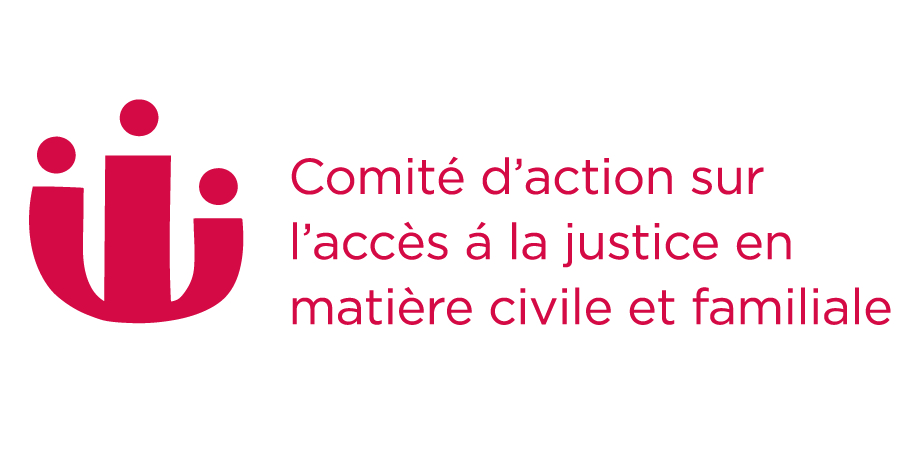Inventory of Reforms
BC Court of Appeal Settlement Conference Program
Year:
2004
Description:
BC Court of Appeal practice directive introducing voluntary settlement conferences.
Status:
Ongoing program
Jurisdiction:
British Columbia
Court:
BC Court of Appeal
Body Responsible:
Judicial Settlement Conference Committee, BC Court of Appeal
Timeline:
November 2004: Pre-hearing judicial settlement conference pilot project launched
2006: Program extended for unlimited period
Publications:
Judicial Settlement Conference September 2011
Gregory S. Pun (Bartalk June 2008)
BC Court of Appeal Annual Report 2008
Development:
A two year pre-hearing judicial settlement conference pilot project was introduced at the BC Court of Appeal in November 2004. At the end of the pilot period, the program was extended for an unlimited period.
Purpose:
« The purpose of a settlement conference is to assist parties to resolve appeals at an early stage, to save expense to the parties and to expedite the final resolution of the dispute » (Annual Report at 32).
Description of Reforms:
The settlement conference is interest-based, not rights-based, which is to say that the presiding judge does not speak to the factual or legal merits of the appeal, but rather seeks to find a mutually-agreeable resolution with the parties.
Participation in settlement conferences is entirely voluntary. All parties involved must consent to the process and anyone can revoke consent at any time. If consent is revoked during the process, the process comes to an end.
The procedure is set out in Practice Directive #8. In brief, a joint request for a settlement conference must be made, which takes the file out of the usual appeal stream and thus suspends time limits during the settlement conference process. Settlement conference procedure is handled by the Law Officer, not the regular registry staff; accordingly, materials relating to the settlement conference remain with the Law Officer and are not part of the regular appeal file.
The process involves two steps. First, following the joint request for a settlement conference, the parties (or their counsel) have an initial telephone conference with a judge, to determine if the matter is suitable for a settlement conference. If the matter is deemed suitable, the second step, a settlement conference, takes place.
BarTalk at 17
The first request for a settlement conference was made in December 2004 and the most recent, the 12th request, was made in June 2008. Of the first 11 requests, four involved family law matters; the other seven have been a mix: two involved personal injury, two involved commercial issues, one was a wrongful dismissal case, one was a human rights case, and one involved an appeal from an order striking out a statement of claim.
Four requests have progressed to a full settlement conference. In one case, the parties settled after the conference. In the other three, the parties settled at the conference. The remaining seven cases did not go to a settlement conference for various reasons: (a) at the initial teleconference a determination was made by the judge or the parties that the matter was not suitable for settlement conference; (b) a party withdrew consent; and (c) the parties agreed to discontinue the settlement conference process.
Only one request, the twelfth, was made in 2008, in a family law matter. This settlement conference had not yet concluded by the end of 2008.
Revision History:
This summary was last reviewed in Apr 09, 2013



